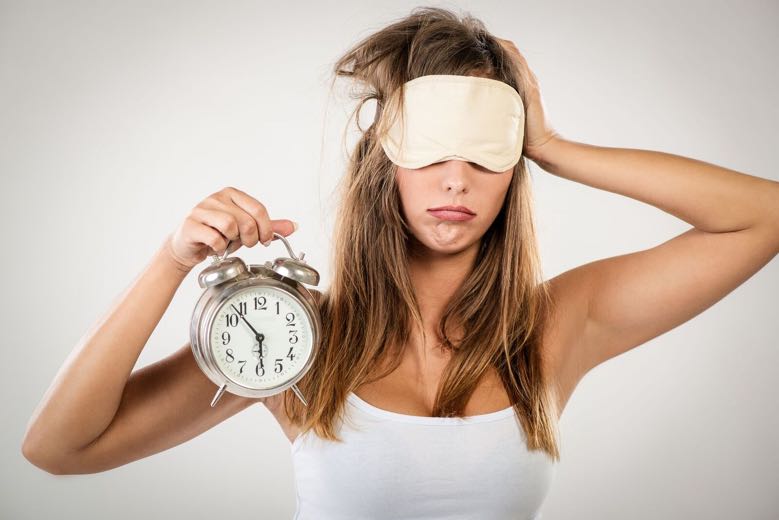Insomnia Services

There are several types of insomnia, including conditioned insomnia, idiopathic insomnia, and inadequate sleep hygiene and sleep/wake schedule disorders. Our assessment by our sleep medicine physicians typically involves an in-depth interview including sleep symptoms, and brief history, careful behavior analysis, sleep diary completion, and actigraphy monitoring. A sleep study in our center is rarely done for symptoms of insomnia only.
Insomnia Clinic Assessment & Treatment
Insomnia is often produced or maintained by a conditioned factor, hormones and poor sleep hygiene. Change in behaviors related to sleep, attitudes, and thinking about sleep can help to resolve insomnia. Behavioral therapy can be used instead of, or in combination with, short-term use of a low-dose prescribed medication. Behavioral therapy techniques have been found to be as effective as medications in treating insomnia. Long-term and regular use of medications is not recommended, especially for older patients. Insomniacs can learn skills that can be used repeatedly to manage their own insomnia at home and allow them to develop a greater sense of control over their sleep problem.
Our doctors will suggest that you try to improve your sleep habits. Making simple changes in your lifestyle often dramatically improves the quality of your sleep:
I. Cognitive Behavioral Therapy
Behavioral Therapy Treatment Techniques for Insomnia and Other Sleep Problems
- Progressive relaxation and other relaxation techniques
- Stimulus Control
- Sleep hygiene instruction and education about sleep
- Adjustment of sleep/wake schedule
- Sleep restriction
- Systematic Desensitization
- Assessment and analysis of eating behavior and how it may interfere with sleep
- Development of plan for systematic change in eating behavior that may interfere with sleep
Cognitive Techniques
- Cognitive restructuring
- Covert assertions and imagery
- Applications of social cognitive theory, particularly with respect to approach to CPAP use and adaptation, for those who have sleep apnea
- Imagery rehearsal therapy for nightmare reduction
- Exploration of thoughts that may contribute to behavior that interferes with sleep
Web-based cognitive behavioral programs for insomnia
Studies have shown promising results for insomniacs with nine weeks of internet-based cognitive therapy. No human therapist is involved. The Internet software gives advice, even specific bed times, based on users’ sleep diaries. Patients learn better sleep habits — like avoiding daytime naps — through stories, quizzes, and games.
One such program is Shuti – please go to their website for further information, or research other options.
Bright Light Therapy
- Recommendations regarding use of natural outdoor light to adjust sleep-wake schedule
- Exposure to light box therapy
Psychotherapy
- Identification of and counseling for psychosocial factors that are implicated in sleep disturbance
- Counseling for weight management
II. Medication Management
Medication management is one of the two major approaches to the treatment of insomnia, the other being cognitive behavior therapy.
III. Neurofeedback Training
EEG biofeedback training for patients with insomnia to help with hyperarousal phenomenon, or insomnia due to headaches, anxiety or depression.
Actigraphy
Portable home study to objective assessment of sleep, wake, and circadian patterns for 1-2 weeks or longer, for evaluation and management of insomnia, hypersomnia or circadian rhythm disorders.

